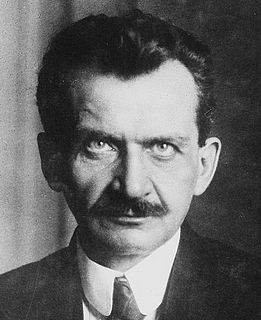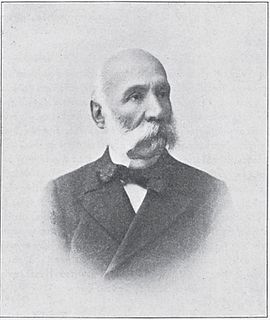The Greens of Andorra is a green political party in Andorra.

Federal elections were held in Germany on 4 May 1924. The Reichstag had been dissolved on 13 March 1924. The Social Democratic Party remained the largest party in the Reichstag after winning 100 of the 472 seats. Voter turnout was 77.4%.

Presidential elections were held in Slovakia on 15 May 1999, with a second round on 29 May. Following a constitutional amendment in 1998 that introduced direct presidential elections for the first time, they resulted in a victory for Rudolf Schuster, who received 57.2% of the vote in the run-off.
Elections to the Supreme Soviet were held in the Soviet Union on 12 March 1950.

General elections were held in Belgium on 26 May 1929. The result was a victory for the Catholic Party, which won 71 of the 187 seats in the Chamber of Representatives. Voter turnout was 94.0%.
Folketing elections were held in Denmark on 24 May 1881. Liberals retained their majority, whilst voter turnout was around 47.8%.
Parliamentary elections were held in Greece on 14 May 1865. Supporters of Alexandros Koumoundouros emerged as the largest bloc in Parliament, holding 95 of the 170 seats. Koumoundouros remained Prime Minister until 1 November, when he was replaced by Epameinondas Deligiorgis.
Parliamentary elections were held in Greece on 16 May 1869. Supporters of Thrasyvoulos Zaimis won a majority of the 187 seats. Zaimis remained Prime Minister, having assumed office on 6 February.

Parliamentary elections were held in Greece on 7 April 1885. Supporters of Theodoros Deligiannis emerged as the largest bloc in Parliament, with 170 of the 245 seats. Deligiannis became Prime Minister on 1 May.

Parliamentary elections were held in Greece on 4 January 1887. Supporters of Charilaos Trikoupis emerged as the largest bloc in Parliament, with 90 of the 150 seats. Following the election Trikoupis remained Prime Minister, having assumed office on 21 May 1886.

Parliamentary elections were held in Greece on 3 May 1892. Supporters of Charilaos Trikoupis emerged as the largest bloc in Parliament, with 160 of the 207 seats. Trikoupis became Prime Minister for the sixth time on 22 June.

General elections were held in Italy on 23 May 1886, with a second round of voting on 30 May. The "ministerial" left-wing bloc emerged as the largest in Parliament, winning 292 of the 508 seats. As in 1882, the election was held using small multi-member constituencies with between two and five seats.

General elections were held in Portugal on 28 April 1918, following a coup by Sidónio Pais in December 1917. The elections were boycotted by the Democratic Party, the Evolutionist Party and the Republican Union, who had won over 90% of the seats in the 1915 elections.

Parliamentary elections were held in Portugal on 11 May 1919. The three main parties that boycotted the 1918 elections returned to contest the elections. The result was a victory for the Democratic Party, which won 86 of the 163 seats in the House of Representatives and 36 of the 71 seats in the Senate.

General elections were held in San Marino on 29 May 1938. After it had taken over the country in April 1923, the Sammarinese Fascist Party was the only party to contest the elections, winning all 60 seats.
A two-part referendum was held in Switzerland on 23 May 1875. A new federal law establishing and certifying civil status and marriage was narrowly approved, whilst a new federal law on suffrage was narrowly rejected.
Federal elections were held in Switzerland on 29 October 1939. The Free Democratic Party emerged as the largest party in the National Council, winning 49 of the 187 seats. Due to the outbreak of World War II, there were no elections in nine of the 25 cantons; Appenzell Ausserrhoden, Lucerne, Neuchâtel, Schwyz, Solothurn, Ticino, Valais, Vaud and Zug. In what became known as "silent elections", a total of 55 candidates were elected unopposed.
Folketing elections were held in Denmark on 7 June 1864. The National Liberal Party emerged as the largest faction, winning 40 of the 101 seats. Following the elections, Christian Albrecht Bluhme became Prime Minister on 7 July.
Folketing elections were held in Denmark on 14 June 1858. Carl Christian Hall remained Prime Minister following the elections.
Folketing elections were held in Denmark on 30 May 1865. Christian Albrecht Bluhme remained Prime Minister after the elections, although only until November.









